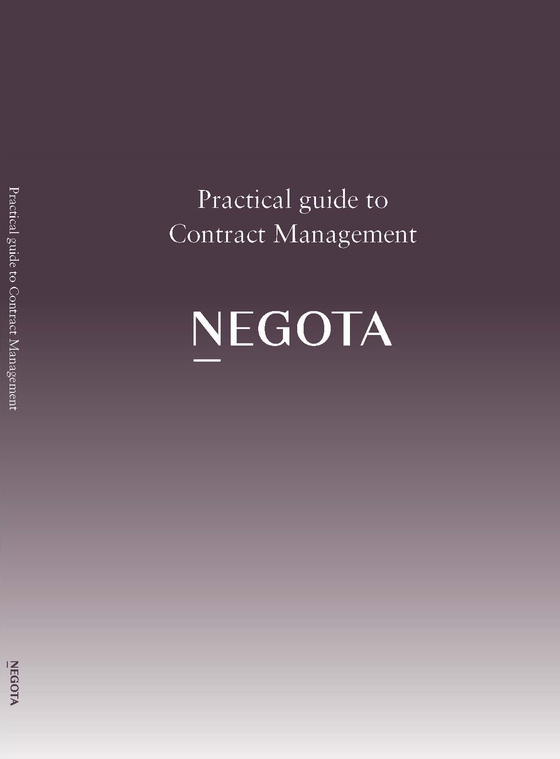
Practical guide to Contract Management ebok
299,-
Major commercial contracts are awarded every day around
the globe. Annual investments in energy, manufacturing, and
building projects within the EU exceeds EUR 500 billion, and
in Norway alone annual investments exceeds EUR 25 billion.i
Investments in these areas are largely made pursuant to
EPCI contracts awarded to build roads, buildings, offshore
installations, pipelines, power stations,…
Ebok
299,-
Forlag
Advokatfirmaet Negota AS
Lengde
95 sider
Sjanger
Dokumentar og fakta, Politikk og samfunn
Språk
Bokmål
Format
epub
DRM-beskyttelse
Ingen
ISBN
None
Major commercial contracts are awarded every day around
the globe. Annual investments in energy, manufacturing, and
building projects within the EU exceeds EUR 500 billion, and
in Norway alone annual investments exceeds EUR 25 billion.i
Investments in these areas are largely made pursuant to
EPCI contracts awarded to build roads, buildings, offshore
installations, pipelines, power stations, and other large industrial
constellations.
The contracts governing these investments invariably include:
• the scope of work to be performed;
• the schedule to be met;
• the payments to be made; and
• general and special terms and conditions.
The terms and conditions vary depending on negotiating
positions, priorities, jurisdiction and drafting tradition. However,
the fundamental distinguishing factor is, and should always be,
the scope of work. Differences in scope are likely to result in
differences in all these provisions: just as each project is unique
and tailor-made for a specific purpose, so is each contract unique
and drafted as a means to a specific end, namely the delivery of
the scope of work.
The core of contract management is to understand the scope of
work in the context of the contract’s terms, and thereby be able
to apply the terms consistent with the commercial intentions
and incentives and technical constraints and interfaces of the
project. The contract manager should have a grasp of all areas
of the project, from planning and engineering to cost control and
project management. A contract manager must understand «who
will do what and when,» and guide the project management
from a legal perspective to safeguard the commercial interests
of the project.
This e-book is structured roughly chronologically to follow
the stages of contract management during ordinary project
execution. The main flow of topics discussed starts with
tendering and contract negotiations, and then proceeds on to
detailed design, procurement, mobilisation, project execution,
testing, documentation, delivery and final accounts.
This book is not intended to be a textbook for legal review
of contracts, or a commercial guide for projects. It is rather
an overview of key issues and lessons learned in our practical
experience of managing a substantial number of contracts of all
sizes within a wide range of business areas and jurisdictions: we
aim to highlight best practices and areas for cost-savings and
improved risk management.
Ingen anmeldelser ennå







